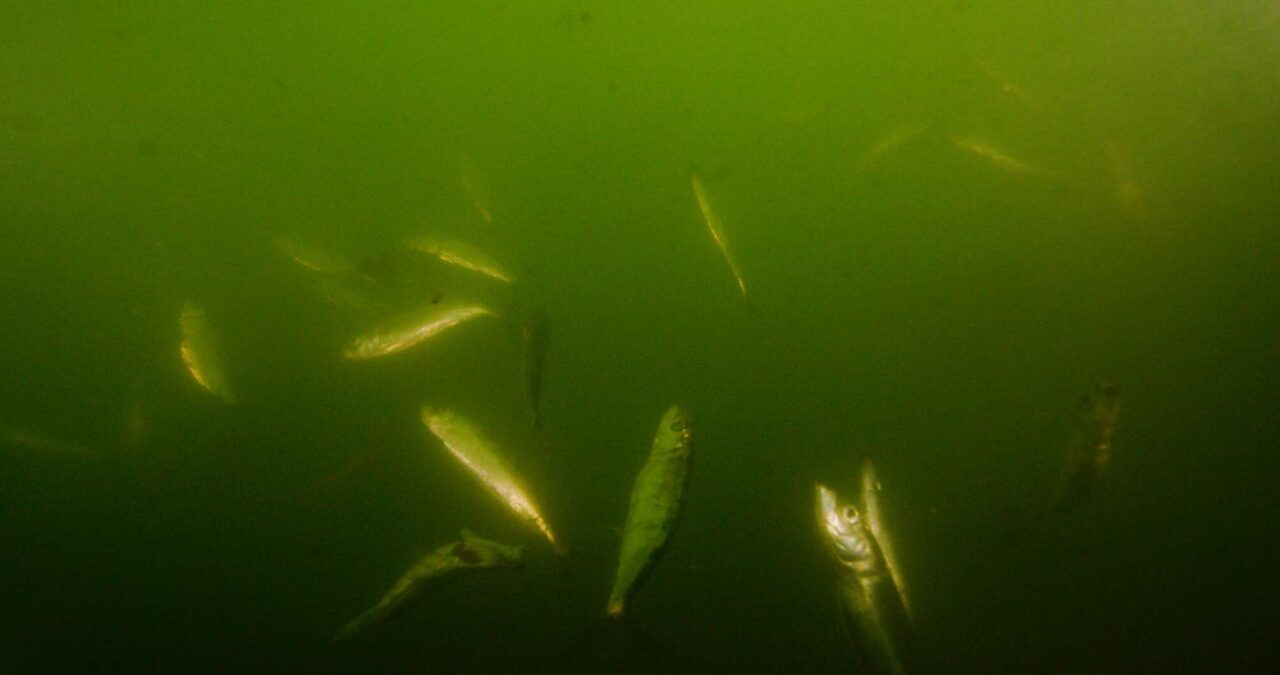
Several stocks of the Baltic herrings in the Baltic Sea are seriously threatened according to the World Wide Fund for Nature's latest Fish Guide. The Baltic herring is an engine in the ecosystem and when the stock shrinks, it has consequences, says fishing expert Inger Melander.
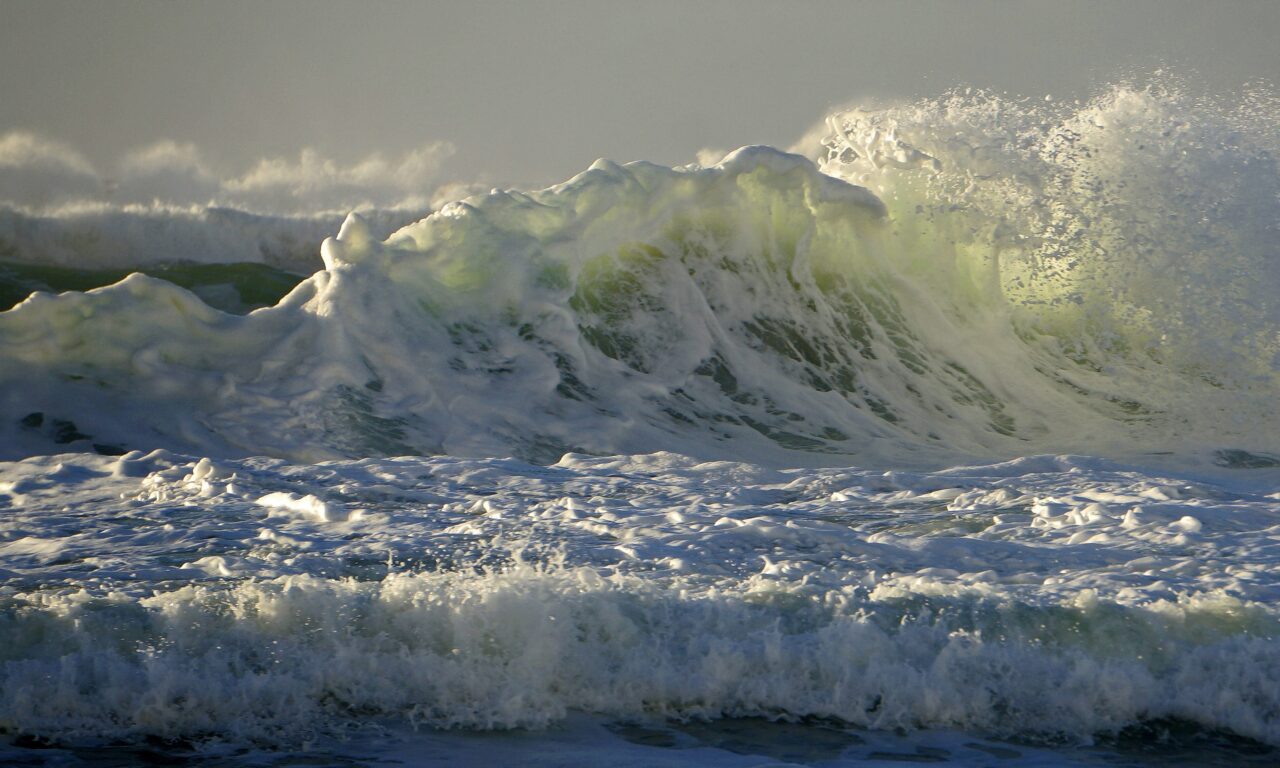
The EU's and Sweden's marine policy has for several decades led to overfished seas. Several ocean areas are on the brink of an ecological disaster. Climate change, warming and eutrophication are the result of human activities, which are dramatically changing our oceans.
The "Trabocchi" are clever wooden machines invented by farmers who needed an easier way to fish, replacing the uncertainty of boats. These unique structures are symbols of the Abruzzo region in central Italy. However, a shift has occurred in recent times.
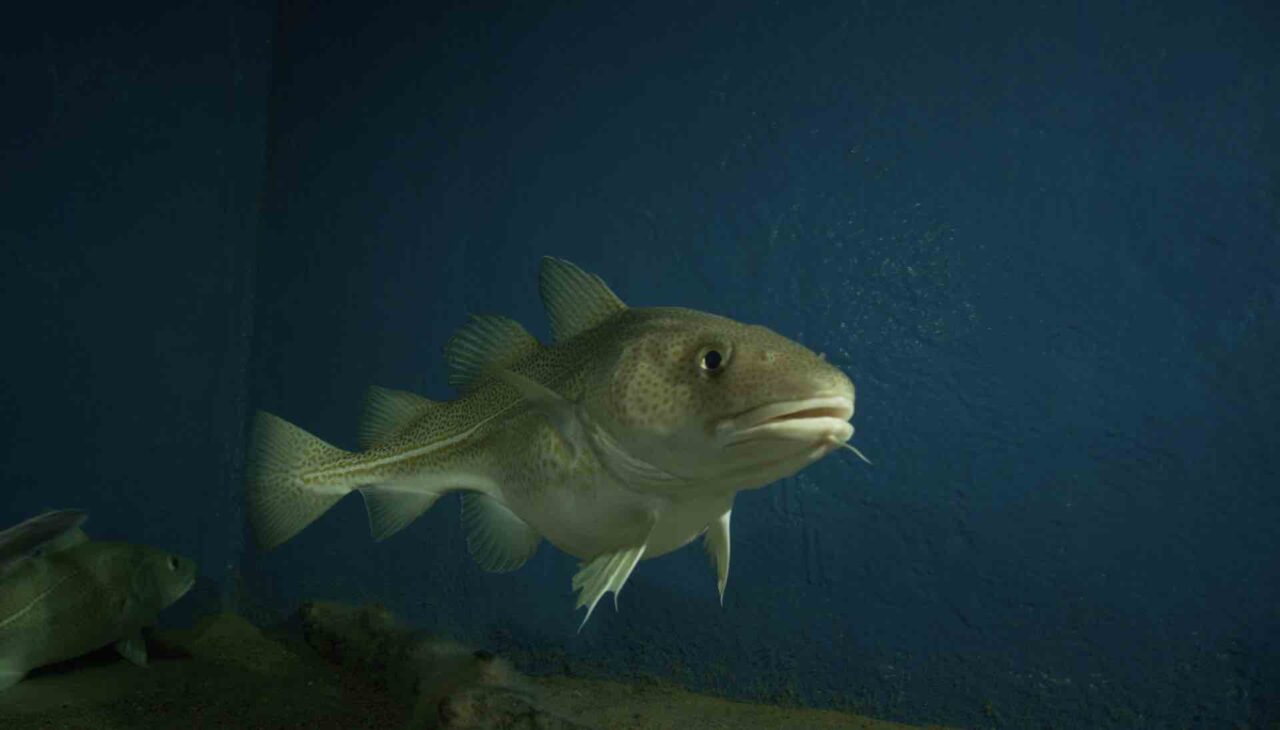
For an extended period, the cod population in the Baltic Sea has been facing severe challenges. Overfishing and environmental issues have taken a toll on their well-being, causing a decline in their health. Consequently, many of them have become thin, emaciated, and susceptible to diseases. However, a pertinent question arises: What happens when wild cod are given the opportunity to recuperate?
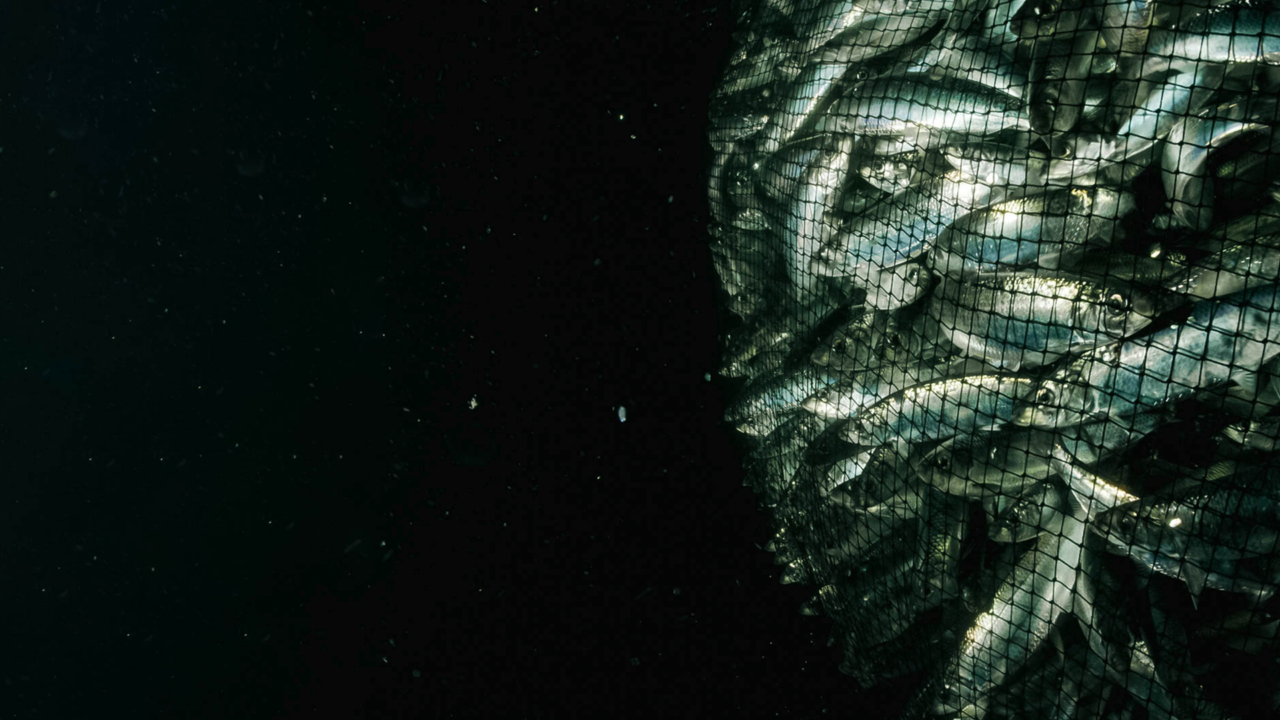
EU fisheries ministers are currently violating EU laws, yet no one has been held accountable for their actions. However, today, March 16, environmental organizations are taking the issue to the European Court of Justice, arguing that the violation of the law must have serious consequences.
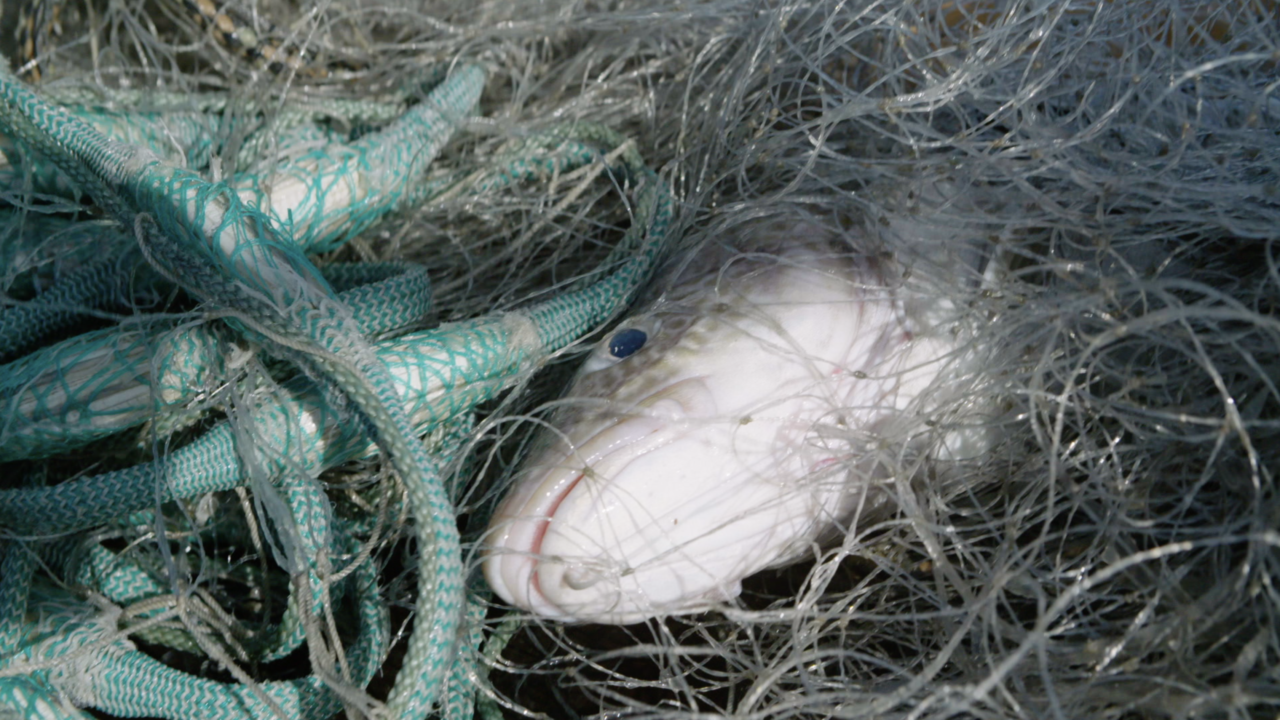
It’s now been scientifically proven. If you stop fishing, the number of fish increases! A new report from the Swedish University of Agricultural Sciences (SLU) confirms that no-take zones enhance fish populations and combat the effects of eutrophication.
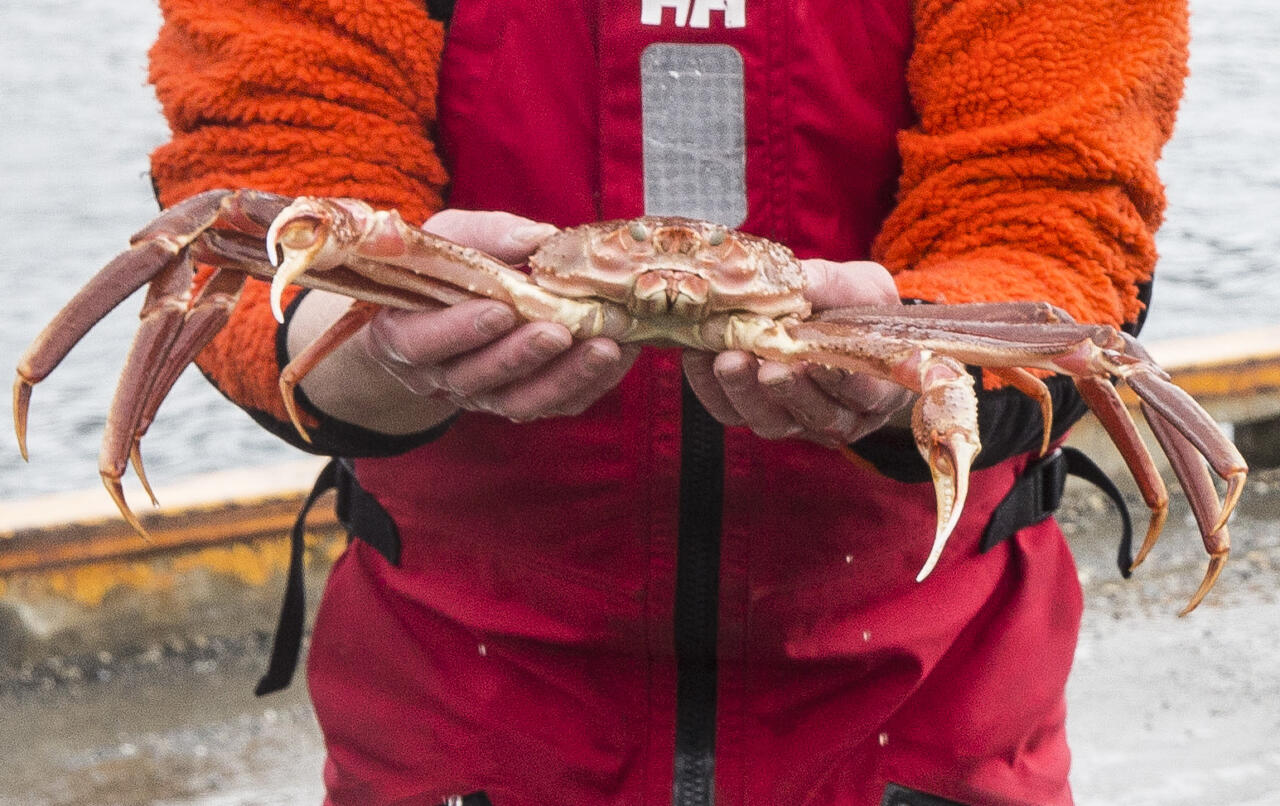
Billions of snow crabs have disappeared from the Bering Sea in recent years. Now fishing for the delicacy crabs in Alaska is canceled for the first time